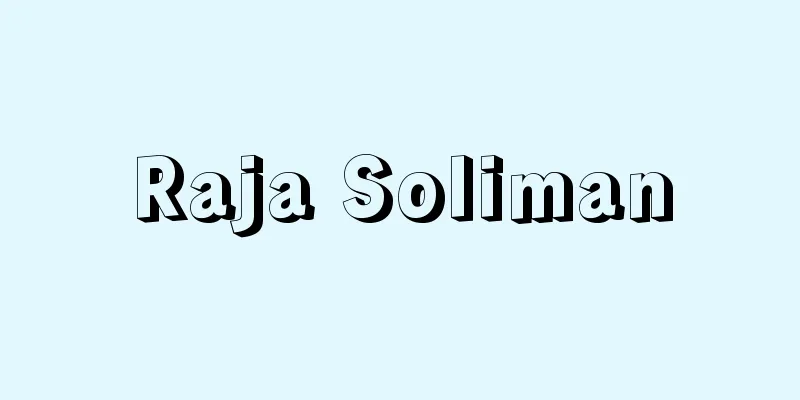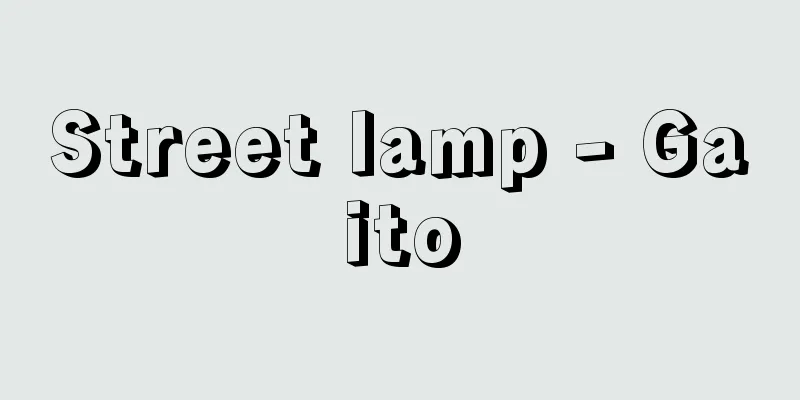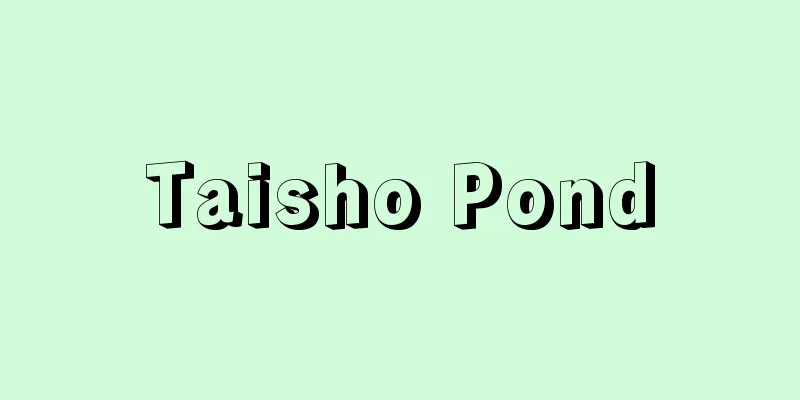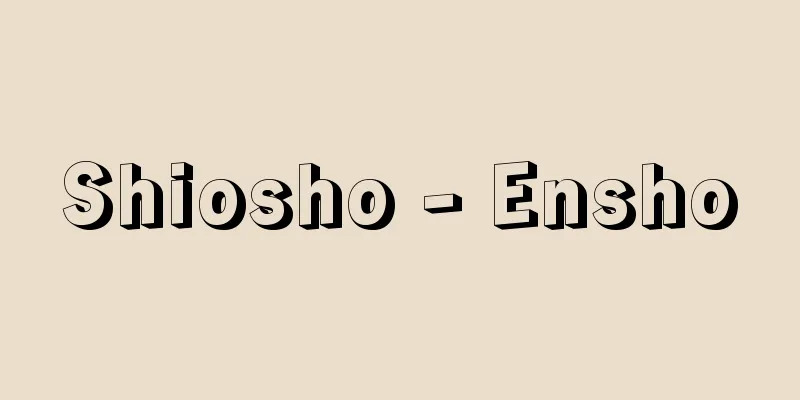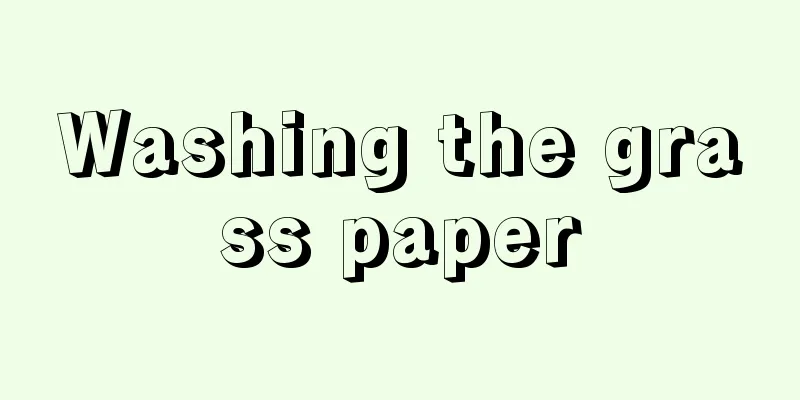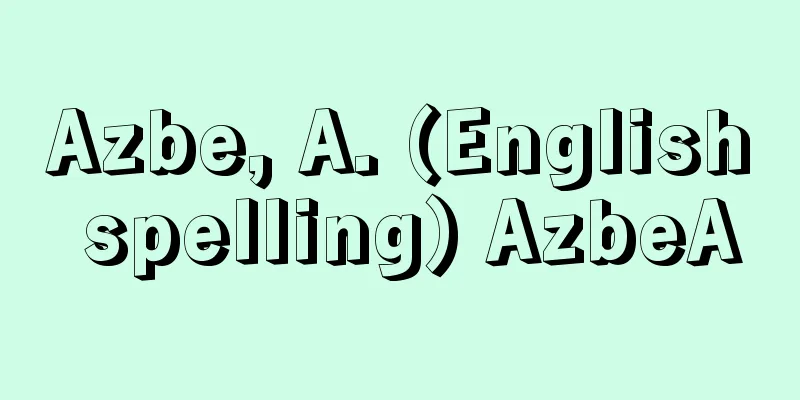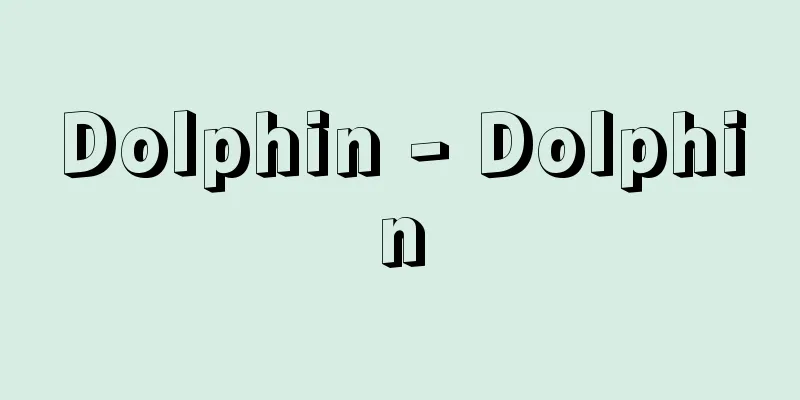Right of reply - hanronken (English spelling) right of reply
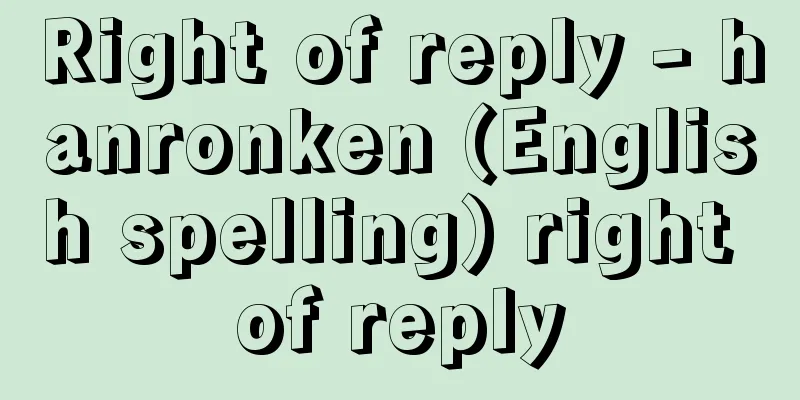
|
It is also called the right of refutation or the right of reply. When an individual's reputation or credibility is damaged by mass media such as newspapers, magazines, or broadcasting, the victim has the right to request that a refutation article written by the victim be published free of charge in the same media as the infringing article, as a means of recovering the damage. In many cases, such as the German state press law's provision on the right to refutation, the right is limited to refutation of facts, but the American "personal attack rule" for broadcasting allows refutation of opinions. The right to refutation is significant in correcting the danger that only one-sided facts and opinions will circulate in society due to the strong influence of the mass media. In Japan, there is no explicit provision that stipulates the right to refutation, but in 1973 (Showa 48), an opinion advertisement by the Liberal Democratic Party criticizing the Japanese Communist Party was published in the Sankei Shimbun (now the Sankei Shimbun), and the Communist Party claimed the right to refutation. A Tokyo District Court ruling (July 13, 1977) generally recognized that in cases where defamation is established, the publication of a rebuttal in the infringing media is one of the "appropriate measures to restore the reputation" stipulated in Article 723 of the Civil Code. However, a Supreme Court ruling (April 24, 1987) took a negative stance on the right to reply, citing the risk that media organizations will hesitate to publish critical articles, especially about public matters, in order to avoid providing space for rebuttal, which could indirectly threaten freedom of expression. [Junichi Hamada] [See also] |Source: Shogakukan Encyclopedia Nipponica About Encyclopedia Nipponica Information | Legend |
|
反駁(はんばく)権あるいは応答権ともよばれる。新聞、雑誌、放送などのマス・メディアによって、個人の名誉や信用の毀損(きそん)がなされた場合に、その被害を回復させる手段として、被害者自ら執筆した反論文を、侵害を行ったと同一のメディア上に無料掲載することを求める権利。ドイツの州新聞法の反論権規定のように、事実に関する反論のみに限定される例が多いが、アメリカの放送に関する「個人攻撃準則」は、意見に対する反論を認めている。反論権は、マス・メディアがもつ強い影響力によって、一方的な事実や意見だけが社会に流通する危険を修正する意義をもつ。日本では、反論権を定めた明文規定はないが、1973年(昭和48)に自由民主党による日本共産党批判の意見広告が『サンケイ』新聞(現『産経新聞』)に掲載され、これに対して共産党側が反論権を主張した事件がある。東京地裁判決(1977年7月13日)は、一般論として、名誉毀損が成立する場合には、民法第723条に規定された「名誉ヲ回復スルニ適当ナル処分」の一つとして、侵害メディア上への反論文の掲載という方法を認めているが、最高裁判決(1987年4月24日)は、報道機関が反論スペースの提供を避けるために、とくに公的事項に関する批判的記事の掲載を躊躇(ちゅうちょ)し、表現の自由が間接的に脅かされる危険をあげて、反論権には否定的な態度をとる。 [浜田純一] [参照項目] |出典 小学館 日本大百科全書(ニッポニカ)日本大百科全書(ニッポニカ)について 情報 | 凡例 |
Recommend
Axiomaticism
The theory of mathematics is based on the idea tha...
Interstellar Reddening
…Interstellar reddening is a phenomenon in which ...
Barrister
In the UK, it is a private legal association that...
Glass fiber reinforced cement
...In this case, the SiO2 that constitutes the sk...
Trapezia rufopunctata (English spelling)
… [Takeda Masatomo]. … *Some of the terminology t...
Strong, Anna Louise
Born: October 25, 1885 in Nebraska [Died] March 29...
Amīn al-Husaynī
1896‐1974 Palestinian Arab political leader. Born ...
Elizabeth McIntosh
…British female author. Her real name is Elizabet...
Great Fire of Bunka 3rd Year - Bunkasannen no Taika
On March 4, 1806 (Bunka 3), a large fire broke out...
snow-cock
…Among the partridges, the European partridge ( P...
Lead plate - Enban
A type of printing plate used in printing; a repro...
corps piqué (English spelling) corpspique
... Basquines, made of linen or leather with whal...
False reflection
…It is also called a pseudoreflex. In the periphe...
Substitute goods - roughly
A good that can be substituted for another good (s...
Mobbing
A collective behavior of small birds against preda...
